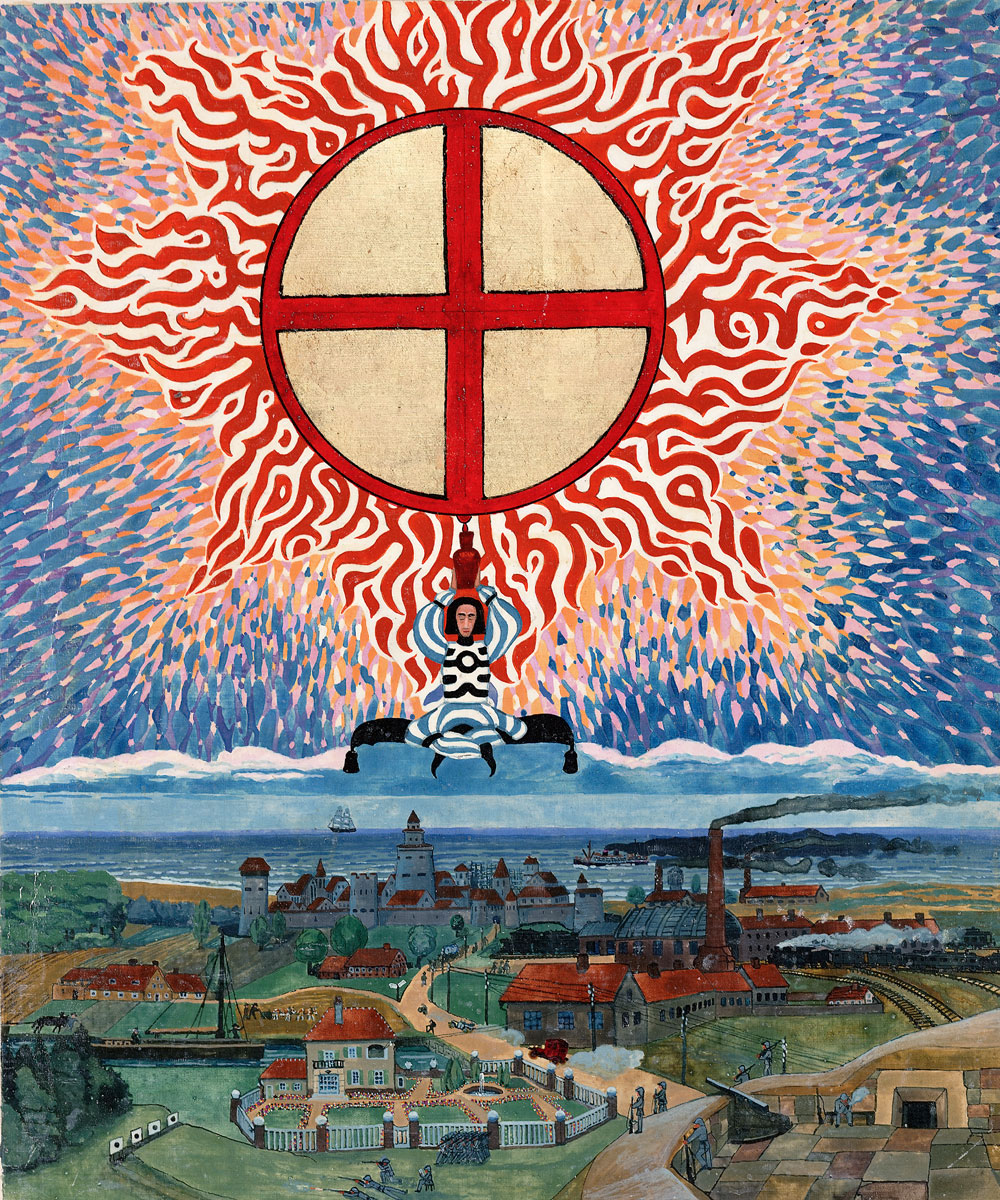A True Yunatic
Some minds don’t just analyze – they descend into myth and return with light. Carl Gustav Jung wasn’t just a psychiatrist – he was a psychic explorer, seeking the architecture of the unconscious and the meaning behind symbols, stories and dreams.
He gave us words like archetype, persona, shadow and synchronicity – not just theories, but keys to the hidden rooms within us all. Jung didn’t want to fix people. He wanted to help them become whole.
“The privilege of a lifetime is to become who you truly are.” – Carl Jung
The Inner Child
Jung’s inner child was a quiet watcher – haunted, mystical, always listening to the dream beneath the world. That child kept journals full of visions and built imaginary kingdoms with secret gods. He never lost that capacity for wonder, for inner landscapes, for seeing the sacred in the strange. That child became the man who told us: your wound is the place where the light enters.
Tribbles
Jung’s tribbles are timeless tools for self-understanding:
- Jungian Psychology – Still practiced today in therapy, art and personal growth across the world.
- Archetypes & the Collective Unconscious – Universal patterns of story and psyche shared across all cultures.
- Shadow Work – The essential journey of meeting, integrating and loving the parts we hide.
- Synchronicity – When meaningful coincidences reveal that life is woven with hidden connections.
- The Red Book – A dream-soaked, visionary journal of his descent into the depths.

Connected with the Yuniverse
Jung believed the universe and the psyche mirror each other. Dreams, myths and coincidences weren’t random – they were messages. He saw the soul not as broken, but as becoming. Life, to Jung, was a sacred unfolding. His cosmos was alive with meaning – if you dared to look deep enough.
Spiritual
Jung’s work was a bridge between science and soul, psychology and alchemy, the personal and the divine. He didn’t tell you what to believe – he handed you a lantern and said: “Go in.”
Carl Jung reminds us that the greatest journey isn’t out there – It’s into the heart of who you already are.